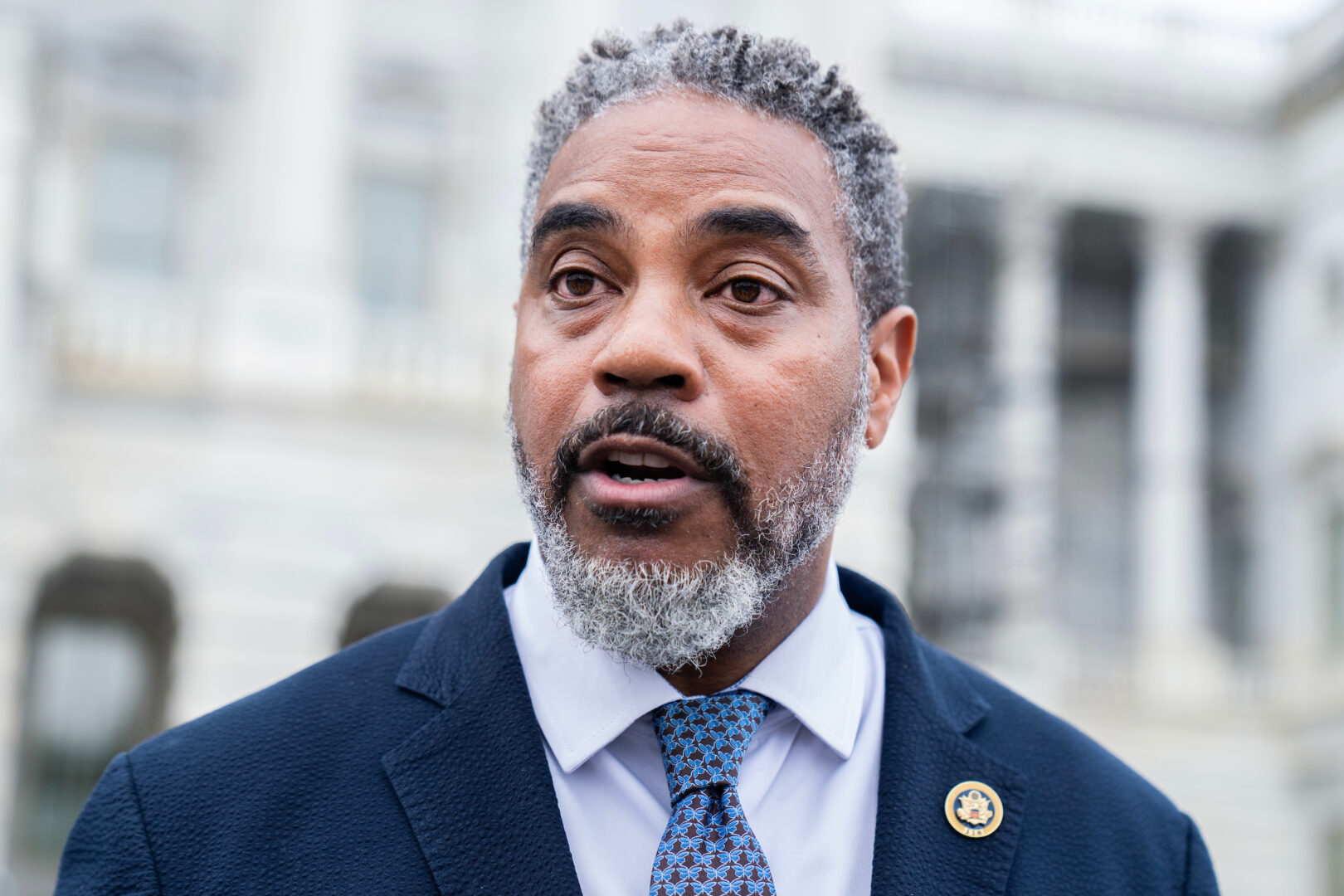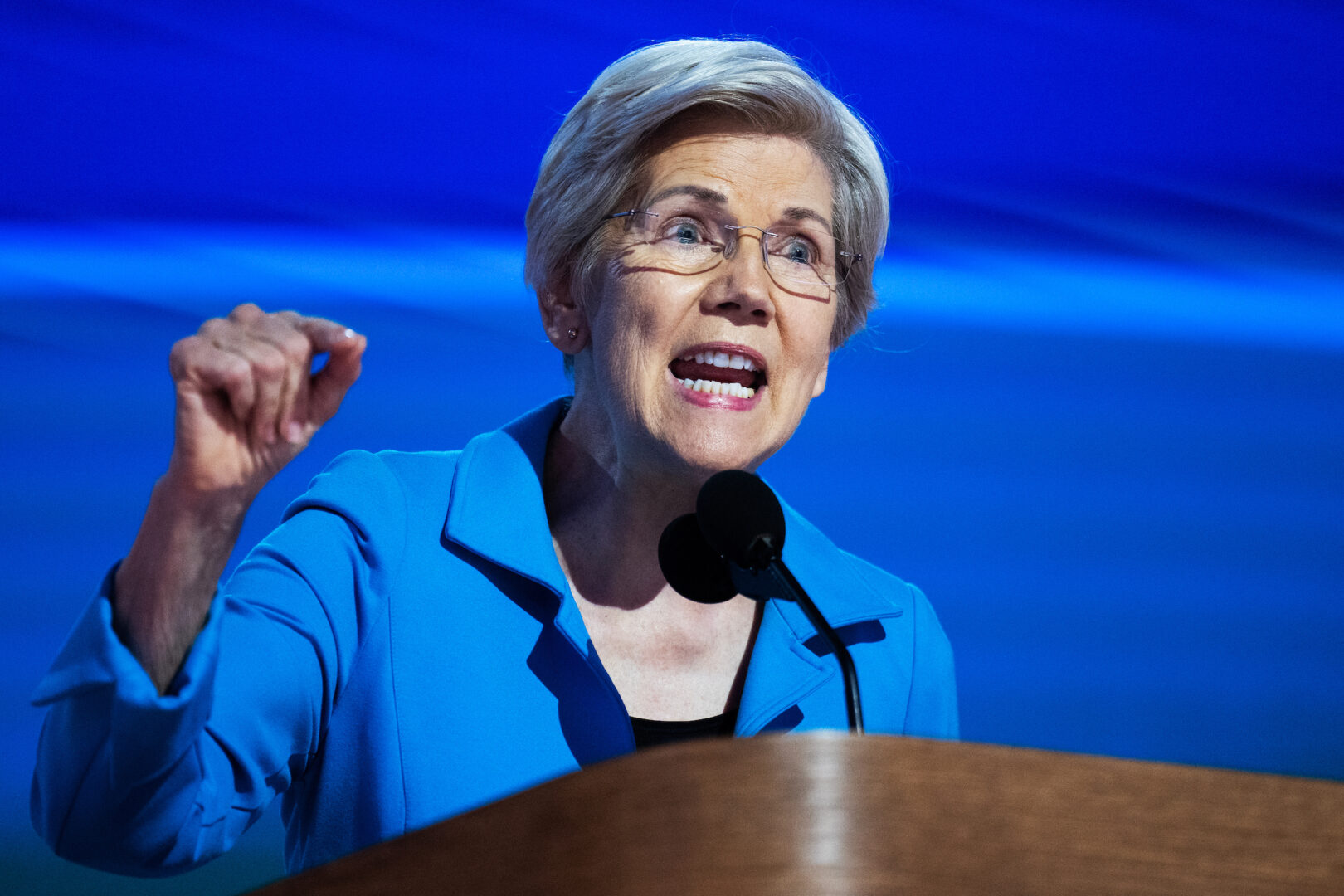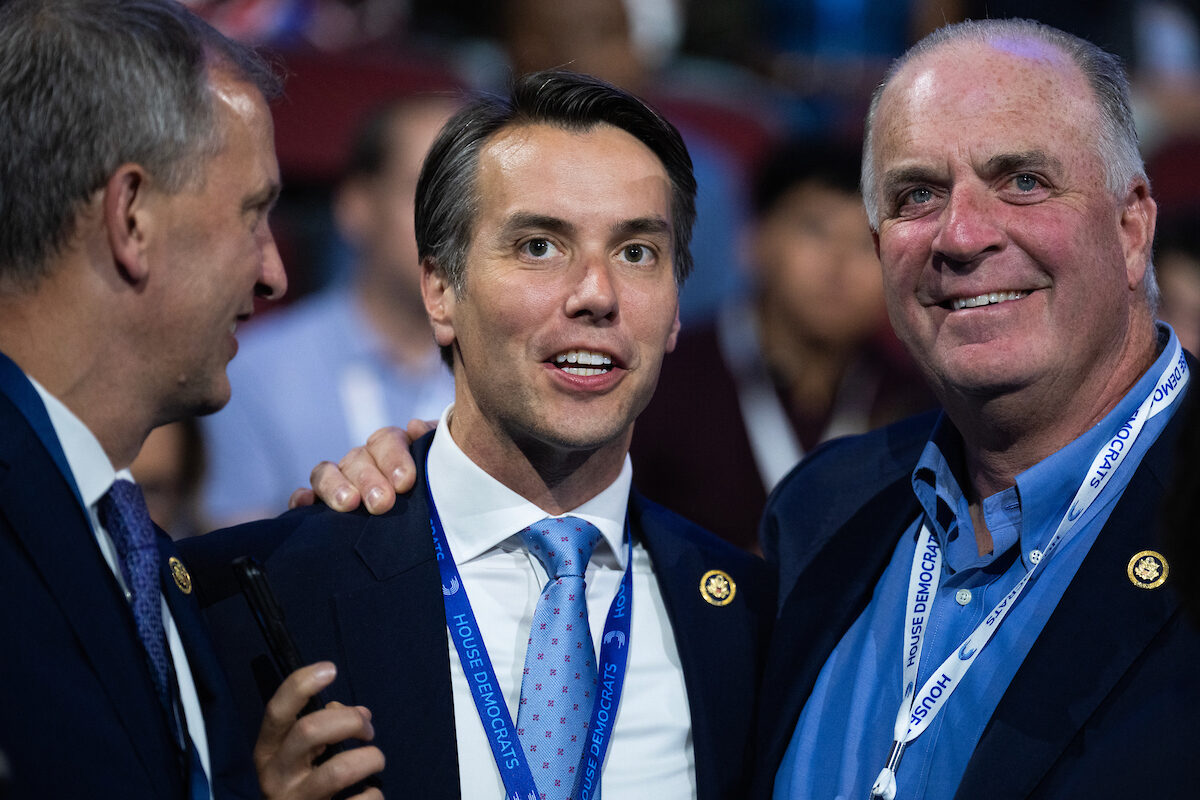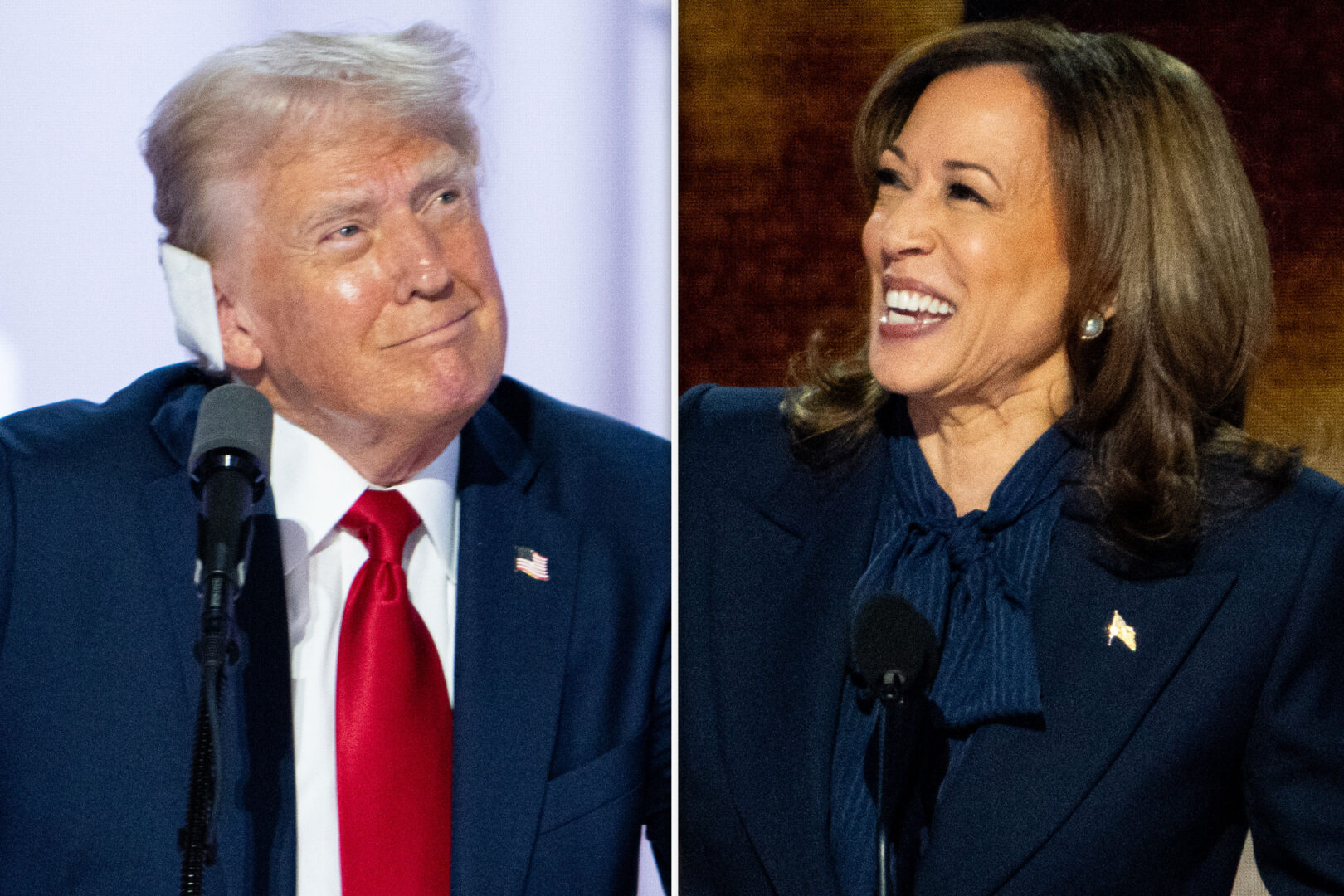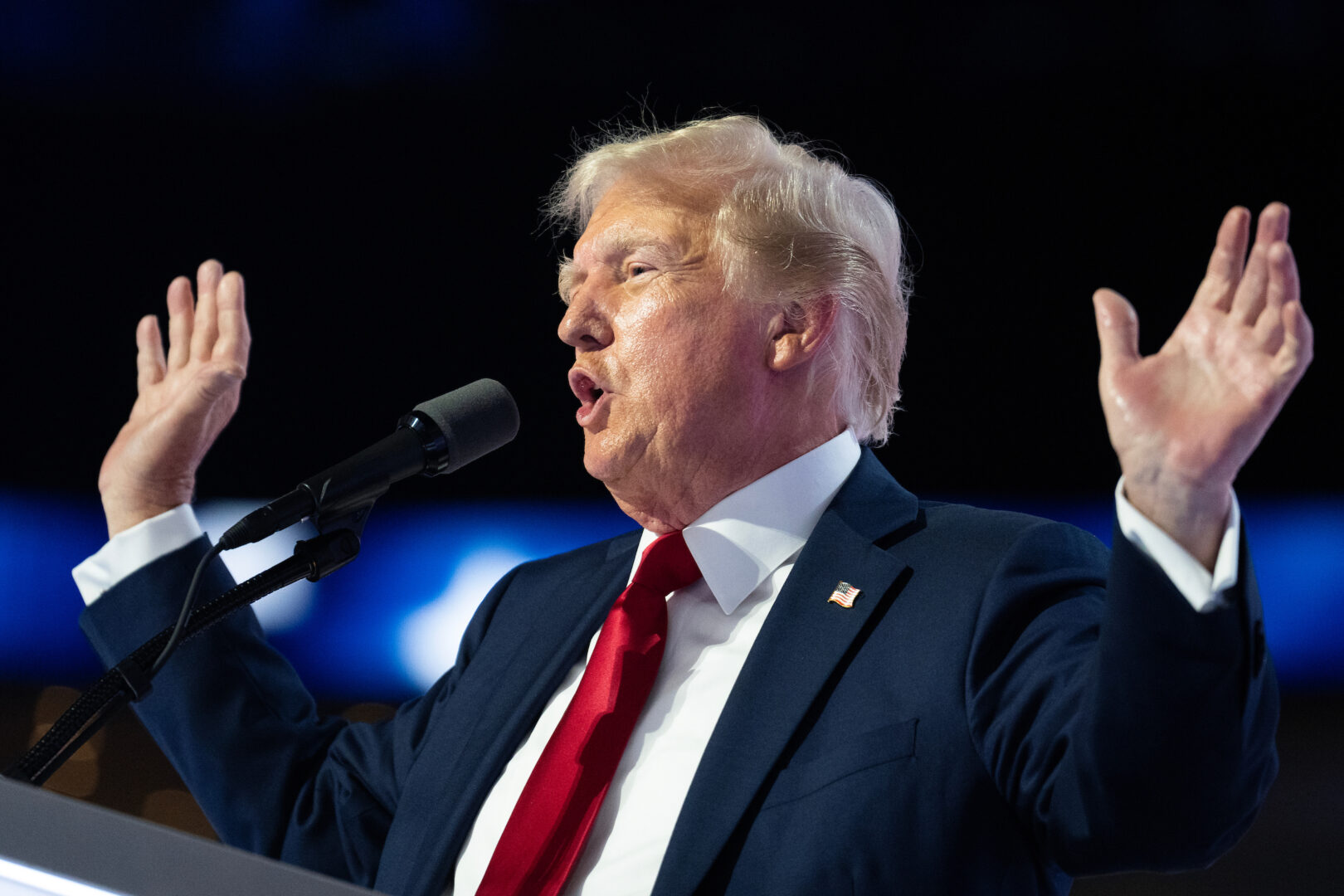For progressives, praise for Harris’ economic agenda
After feeling marginalized during past election cycles, progressive Democrats see their economic agenda embraced

The economic agenda put forth by the Democratic Party’s progressive flank has made its way from the margins to the mainstream.
From calls to lower health care costs and address rising rents to fully embracing organized labor and promising to crack down on price gouging, economic populism was on full display at last week’s Democratic National Convention in Chicago.
“There’s a movement among Democrats that we have to start looking at these kitchen table issues or we’re going to lose votes,” said Jennifer Flynn Walker, the co-chief of campaigns for the Center for Popular Democracy Action, an advocacy group that recently endorsed Vice President Kamala Harris.
“That’s how you get to a place where people might think that [Republican presidential nominee] Donald Trump is the guy for [them] because he’s not the same old politician,” Flynn Walker said. “[Democrats] are recognizing that they were ignoring issues like housing and health care.”
Left-of-center Democrats have faced a politically arduous summer, with a pair of high-profile congressional primary losses driven by a sharp split with party leaders over their support for Israel. Two members of the so-called progressive squad in the House, Reps. Jamaal Bowman of New York and Cori Bush of Missouri, were defeated by fellow Democrats after an onslaught of spending by pro-Israel groups.
While divisions over the war in Gaza were evident at the party’s convention, on economic matters the left flank has coalesced with the center around Harris and her running mate, Minnesota Gov. Tim Walz.
Several of the nation’s most prominent progressives, including Massachusetts Democratic Sen. Elizabeth Warren and Vermont independent Sen. Bernie Sanders, were given prime-time speaking roles. They received some of the loudest cheers from the fired-up crowd at the convention; Warren was moved to tears by the thunderous applause.
Harris, Warren said, will “take on the Wall Street firms that buy up millions of houses and apartments and then jack up the rent. She’ll take on drug companies that charge an arm and a leg for prescriptions. She’ll take on corporate monopolies that rip off consumers and billionaires who don’t pay taxes.”
Other progressives who took the stage at the DNC included New York Rep. Alexandria Ocasio-Cortez and Shawn Fain, president of the United Auto Workers, who wore a T-shirt calling Trump a scab and used his time to denounce corporate greed.
Activists say the movement’s key role in the campaign stands in contrast to its marginalization in past election cycles, when both Sanders and Warren ran for president but failed to gain traction and the left was largely ignored. This time, said Alan Minsky, executive director of Progressive Democrats of America, progressives are fully on board.
“There’s very little issue in terms of the [Harris-Walz] ticket attracting support from progressives when it comes to domestic policy matters,” he said. “That doesn’t mean that the full-fledged progressive agenda, as exemplified by Bernie Sanders’ platform in 2016 and 2020, is any less embraced by progressives. It means that the issues that might be utilized as wedge issues by the Republicans in an effort to defeat Kamala Harris on economic matters [are] going to play a major role right now.”
The party’s unified message on economic matters began under President Joe Biden and is the product of extensive work between liberal activists and mainstream Democrats.
“You can tell that Sen. Sanders felt that he had a very positive working relationship with President Biden in moving the party more in a progressive direction in terms of domestic economic policy,” Minsky said.
Trump and the Republicans have branded Harris as a socialist while simultaneously making a play for working-class voters and courting labor unions, long a core component of the Democratic coalition.
“There’s a lot of bluster from the Republican Party about them being the party of the working class,” Minsky said. “But what was Trump’s signature economic policy when [Republicans] had both houses of Congress? Massive tax cuts for the rich.”
Some progressives expressed disappointment that Harris has dialed back her support for Sanders’ Medicare for All bill, which she endorsed when she ran for president in 2020. They also noted that the Green New Deal, a plan to combat the effects of climate change, was given scant attention from speakers on the convention’s main stage. And they expressed disappointment that Democrats rebuffed a push by some delegates to secure a speaking role for a Palestinian American leader.
“It would have meant a lot to the progressives … if there was a Palestinian American onstage who could talk about the pain in Gaza,” Flynn Walker said.
Some activists said they are willing to give Harris time to hone her message. Neither the climate crisis nor Medicare for All “were fully centered” by Harris at the convention, said Emma Lydon, managing director of P Street, the lobbying arm of the Progressive Change Campaign Committee.
But, Lydon added, “there were speakers who spoke on the climate crisis. There were a lot of references to health care as a human right. We’ll continue to work on these issues, and there’s certainly more to be done, but I do think there was a lot of excitement at the convention just hearing the broad strokes.”
Sanders, too, alluded to the work ahead for the progressive movement.
At a breakfast gathering with Democratic delegates from Nebraska last week, Sanders said defeating Trump was essential. “Donald Trump is an authoritarian politician and America will be changed forever if Trump wins, and we’ve got to do everything we can to defeat him,” he said.
But, he added, “our struggle is not over when we celebrate a victory on election night.”
He told Democrats to keep the focus on the economy: “We don’t talk about the fact that we have more income and wealth inequality in America than we’ve ever had in the history of this country,” he said.
“You would think that when 60 percent of the American people live paycheck to paycheck, when we’re the only major country on Earth not to guarantee health care to all people as a human right, when we are struggling to save the planet for our kids against the fossil fuel industry, you might think somebody would be talking about it.”
